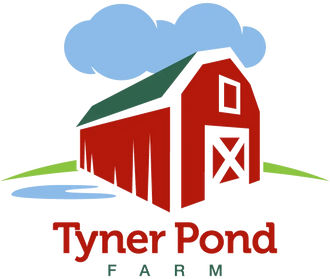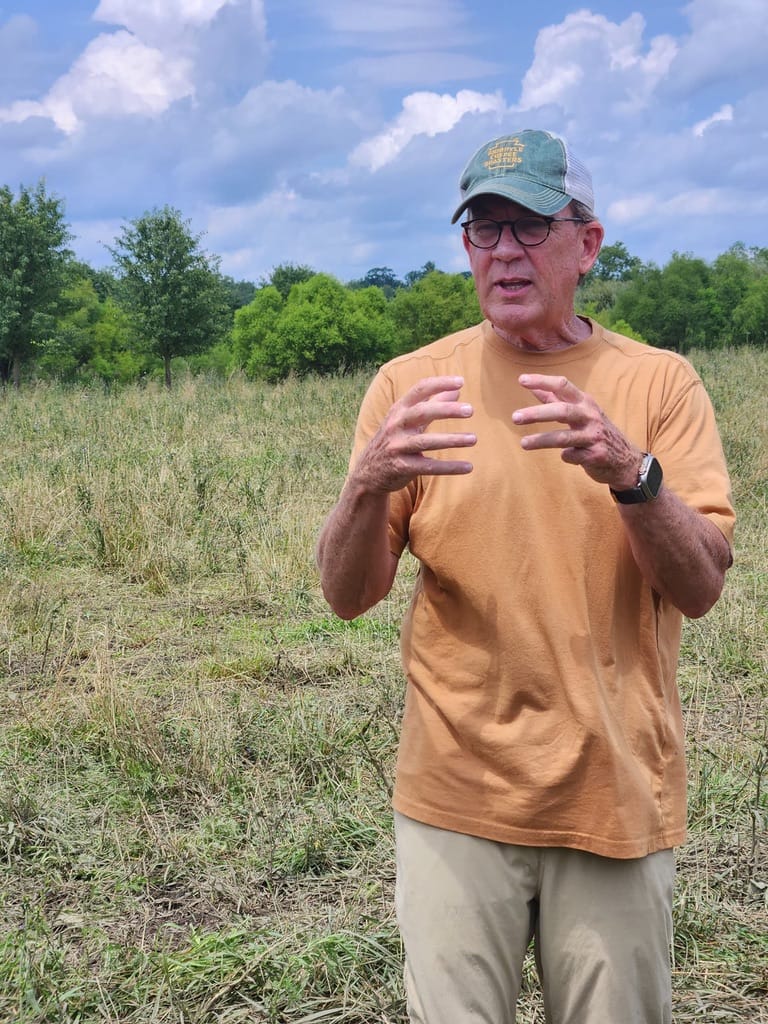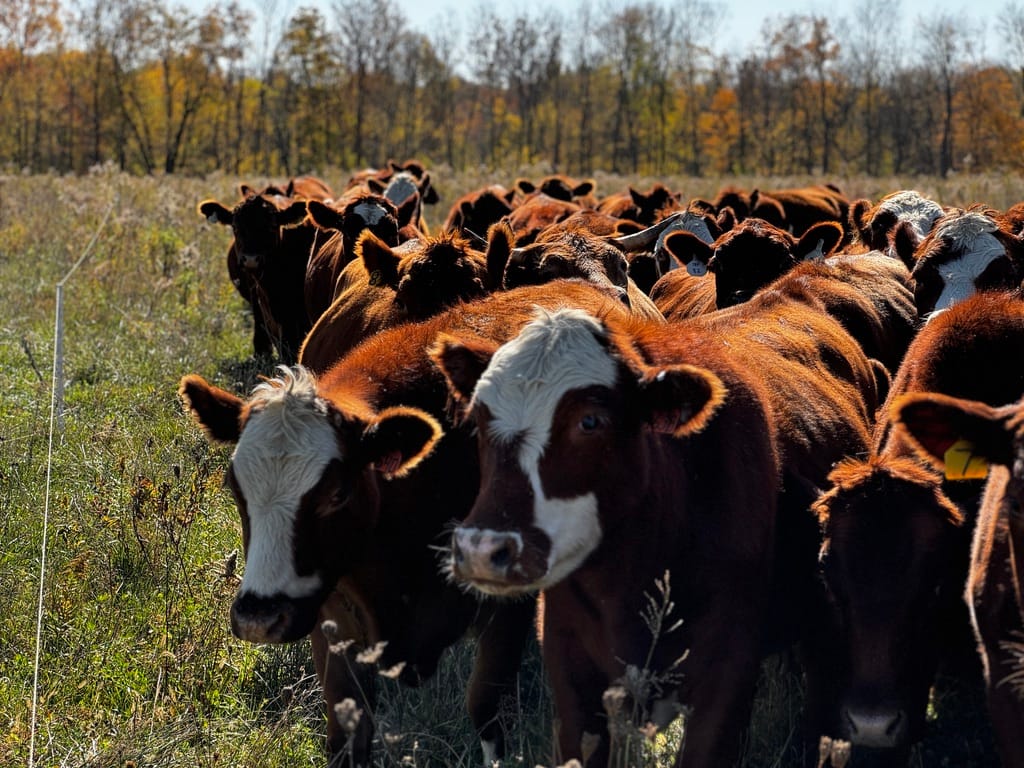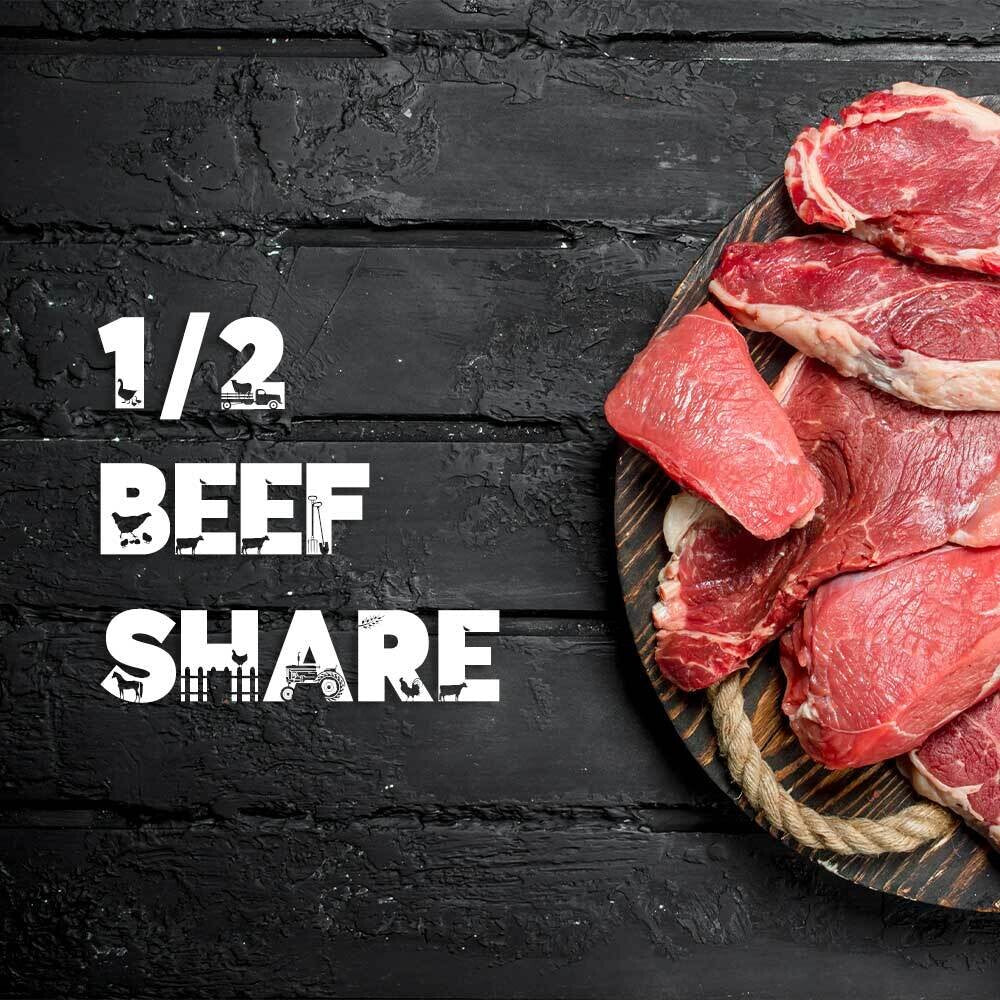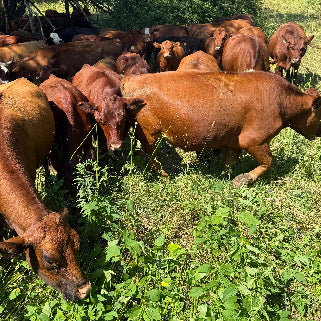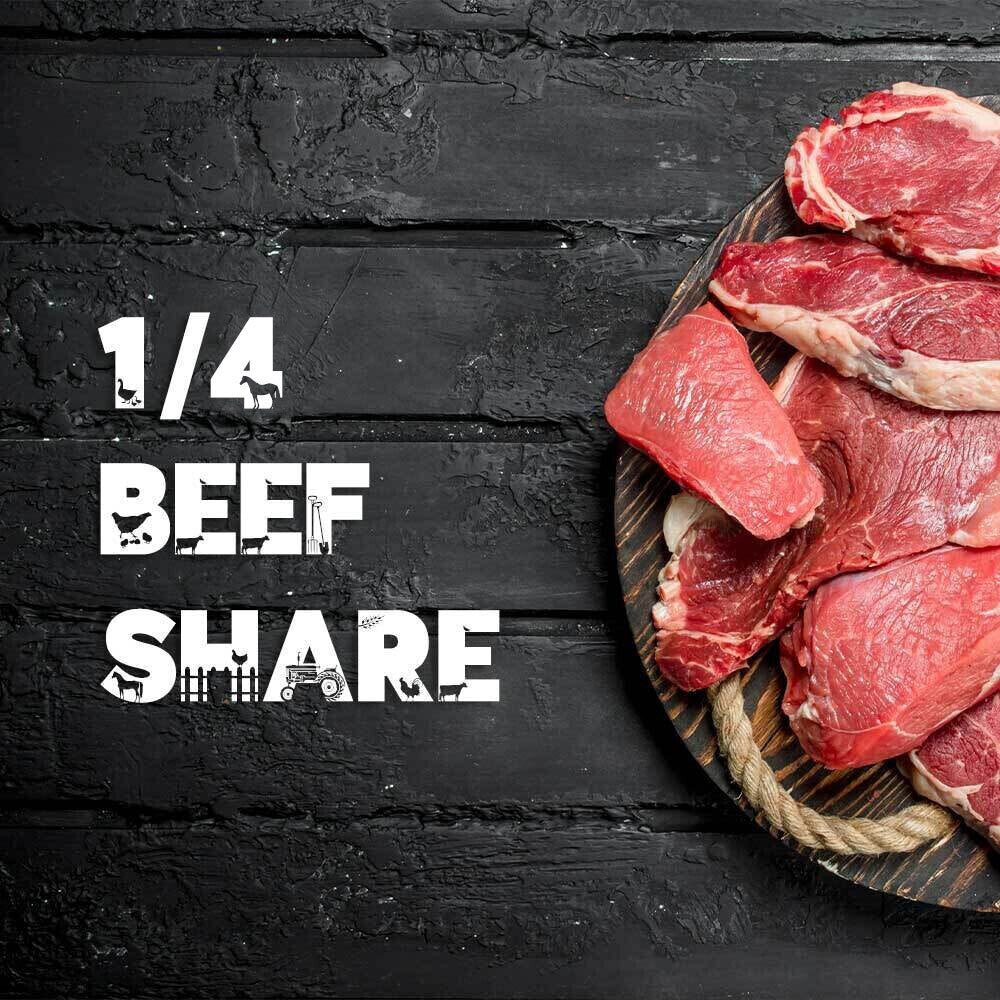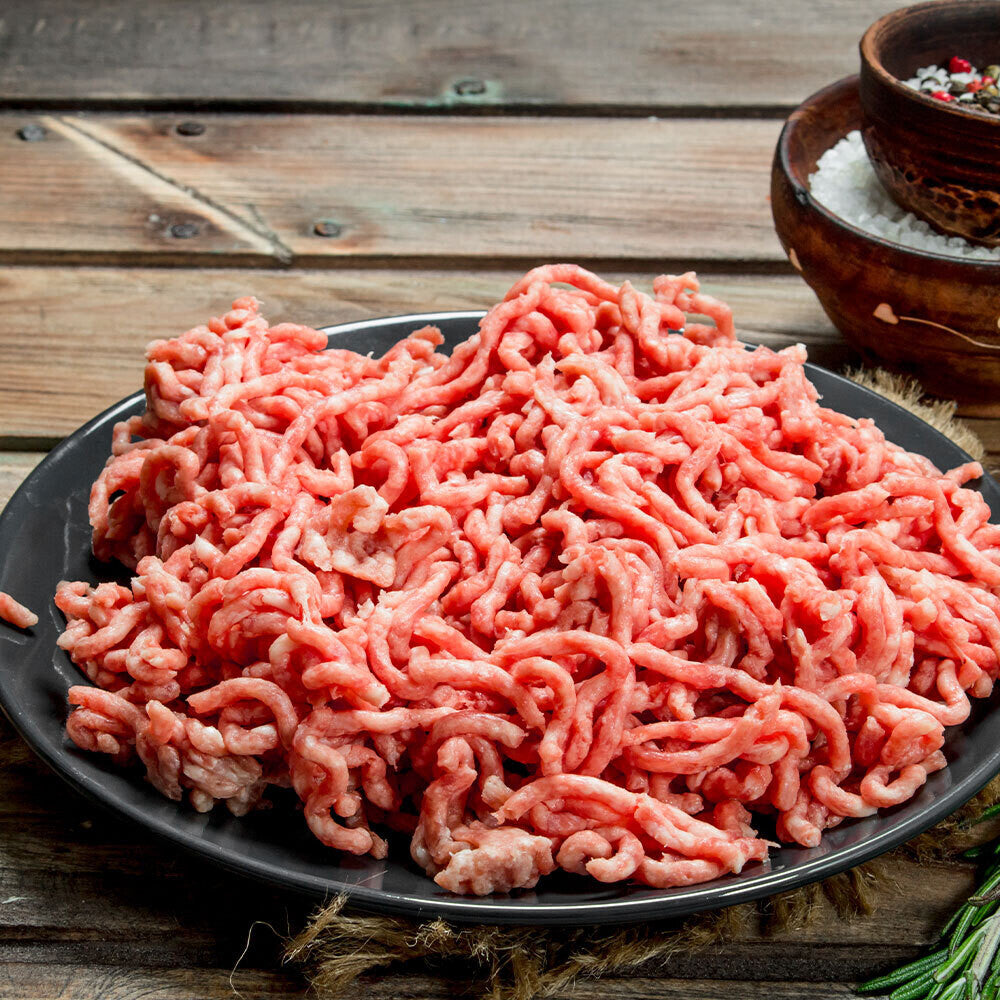
A Wake-Up Call for Change: Lessons Learned from the Texas Cattle Tragedies
As the founder of Tyner Pond Farm, I began to raise grass-fed beef 13 years ago. I was motivated by growing concerns about the risks to food security and the environmental impacts of industrial-scale agriculture. Recent tragic events within the livestock industry in the Texas Panhandle have further emphasized the urgent need for change.
These incidents, occurring just 20 miles apart, have brought to light the challenges and dangers posed by Industrial agriculture. One heartbreaking event involved a massive manure explosion that claimed the lives of approximately 18,000 dairy cows in a single factory. This serves as a stark reminder of the potential risks associated with confining a large number of animals in industrial agriculture settings.
In another tragic incident in this area, heavy rainfall caused a devastating 100-year flood, resulting in the loss of around 4,000 feeder cattle (calves). These calves drowned in the aftermath of the severe flooding, highlighting the vulnerability of industrial-scale livestock operations to extreme weather events, especially in regions ill-suited for such practices.
What makes these events even more concerning is that they occurred in an area grappling with significant water-related challenges. This area depends on irrigation from the Ogallala Aquifer but is known as the Beef Capital of the World. It feeds more than 1 million head of cattle per year. It also produces over a billion pound of milk per year.
The Ogallala Aquifer is a very important water source in the region and it’s in trouble. A quote from HighPlains.com says:
 Indiana Grass Fed Beef
Through regenerative agricultural practices and a commitment to animal welfare, we can mitigate the risks posed by concentrated animal operations and work towards a more sustainable future.
Let’s educate ourselves and others about the environmental challenges faced by the agricultural industry in water-stressed regions.
Together, we can advocate for responsible farming practices that respect the limits of our natural resources and ensure a healthier, more sustainable future for our food system.
[ecwid_product id="514845003" display="picture title price options addtobag" version="2" show_border="1" show_price_on_button="1" center_align="1"]
Indiana Grass Fed Beef
Through regenerative agricultural practices and a commitment to animal welfare, we can mitigate the risks posed by concentrated animal operations and work towards a more sustainable future.
Let’s educate ourselves and others about the environmental challenges faced by the agricultural industry in water-stressed regions.
Together, we can advocate for responsible farming practices that respect the limits of our natural resources and ensure a healthier, more sustainable future for our food system.
[ecwid_product id="514845003" display="picture title price options addtobag" version="2" show_border="1" show_price_on_button="1" center_align="1"]
This raises serious doubts about the sustainability of agricultural practices that rely on such water resources. The overreliance on dwindling water supplies for intensive livestock operations further underscores the unsuitability of these practices in water-stressed areas. The current methods of food production are not sustainable and cannot be maintained in the future. The scale of industrial agriculture that exists today is not viable in many places due to environmental constraints and changing conditions. It is evident that a shift towards more sustainable and resilient farming practices is necessary to ensure the future of our food production. It’s imperative that we adopt a more holistic approach to farming. By supporting local, Regenerative Farms like Tyner Pond, who prioritize land and water management, we can contribute to a resilient and environmentally conscious food system.“Although it was once the savior of the High Plains in the face of Dust Bowl conditions and has nurtured decades of booming prosperity, Ogallala will soon have little or nothing more to give; and the region, the nation, now faces the decision of how to move forward within the next generation.”
 Indiana Grass Fed Beef
Through regenerative agricultural practices and a commitment to animal welfare, we can mitigate the risks posed by concentrated animal operations and work towards a more sustainable future.
Let’s educate ourselves and others about the environmental challenges faced by the agricultural industry in water-stressed regions.
Together, we can advocate for responsible farming practices that respect the limits of our natural resources and ensure a healthier, more sustainable future for our food system.
[ecwid_product id="514845003" display="picture title price options addtobag" version="2" show_border="1" show_price_on_button="1" center_align="1"]
Indiana Grass Fed Beef
Through regenerative agricultural practices and a commitment to animal welfare, we can mitigate the risks posed by concentrated animal operations and work towards a more sustainable future.
Let’s educate ourselves and others about the environmental challenges faced by the agricultural industry in water-stressed regions.
Together, we can advocate for responsible farming practices that respect the limits of our natural resources and ensure a healthier, more sustainable future for our food system.
[ecwid_product id="514845003" display="picture title price options addtobag" version="2" show_border="1" show_price_on_button="1" center_align="1"]
Tags:
Previous post
The Truth About Grass Fed Beef: Busting the Common Myths
Next post
